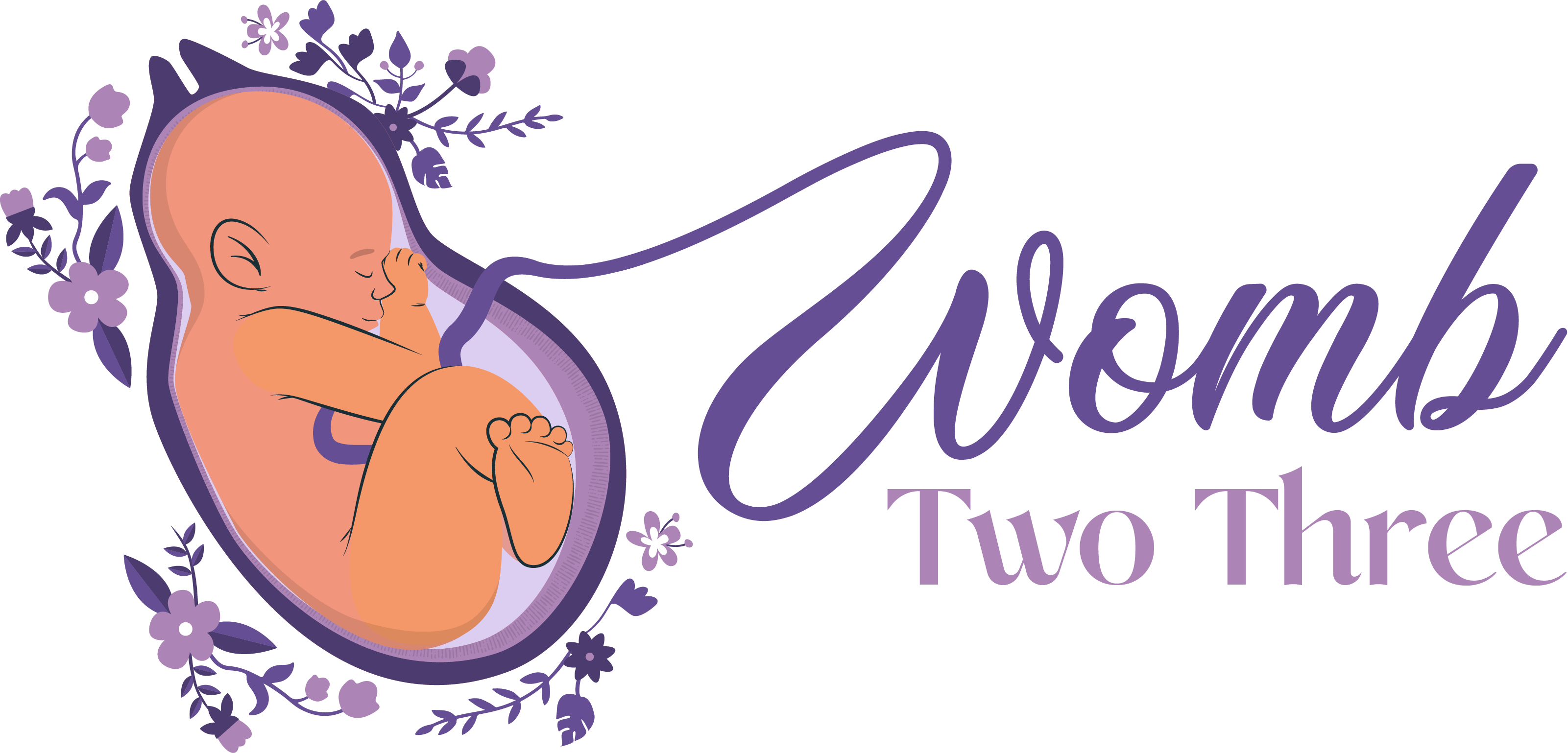- Postpartum mood check-ins: Offer regular check-ins to monitor mental well-being and identify early signs of postpartum depression or anxiety.
- Self-care routines: Encourage and model self-care practices like mindfulness, journaling, or relaxation techniques.
- Connecting with support networks: Guide clients to local or online postpartum support groups or mental health professionals if needed.
- Encouraging breaks: Remind clients that it’s okay to ask for help, take breaks, and prioritize their mental wellness.
- We are located in New York
- Info@wombtwothree.org
- Mon – Fri: 8:00 am – 6:00 pm







